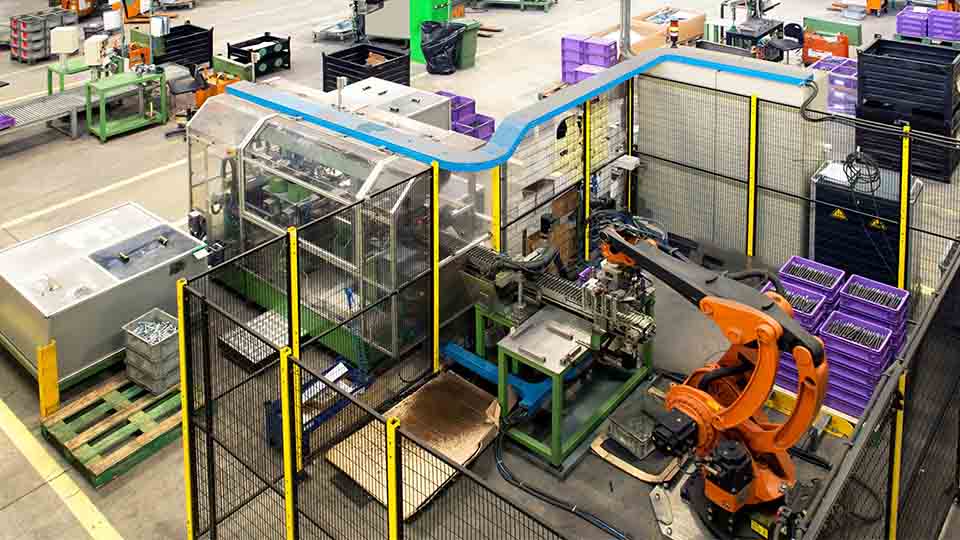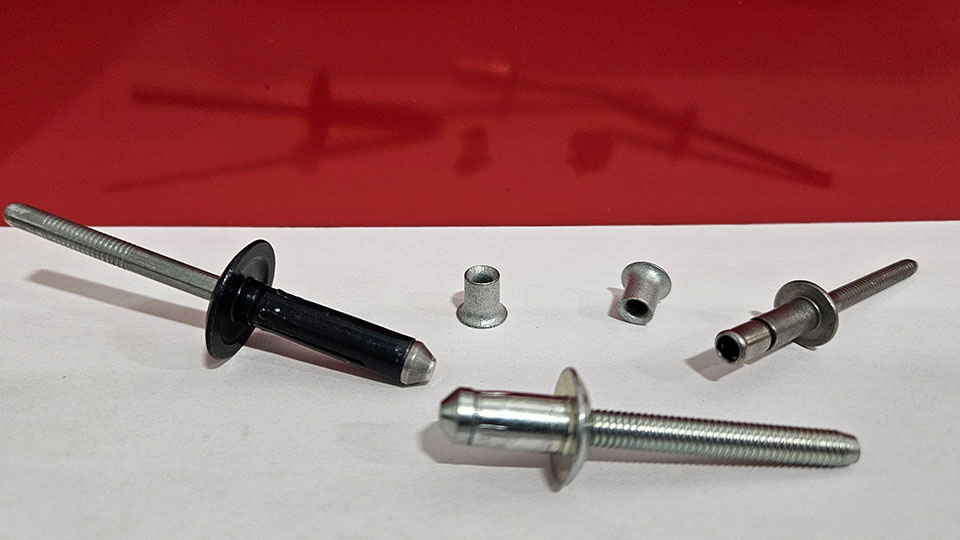If you are considering becoming an independent contract engineer, this article is for you! I wrote this article to help engineers learn about becoming a freelancer and the self-employment process. This career advice is for people considering the independent route and to help them make a calculated decision before deciding to go out on their own.
Independent Contract Engineering:
Contract engineering is a high-demand profession that will allow top-level engineers to become independent. This profession requires you to “bring solutions to the problem.” Often, companies will hire outside contractors to contribute to their projects because they need someone with more experience than their staff or specialized experience in a particular field.
Being an independent contractor can be very rewarding if you choose this career path. You will have control over your career and can choose to take on any number of contract engineering jobs. In this article, I will explain what becoming an independent or self-employed contract engineer is like.
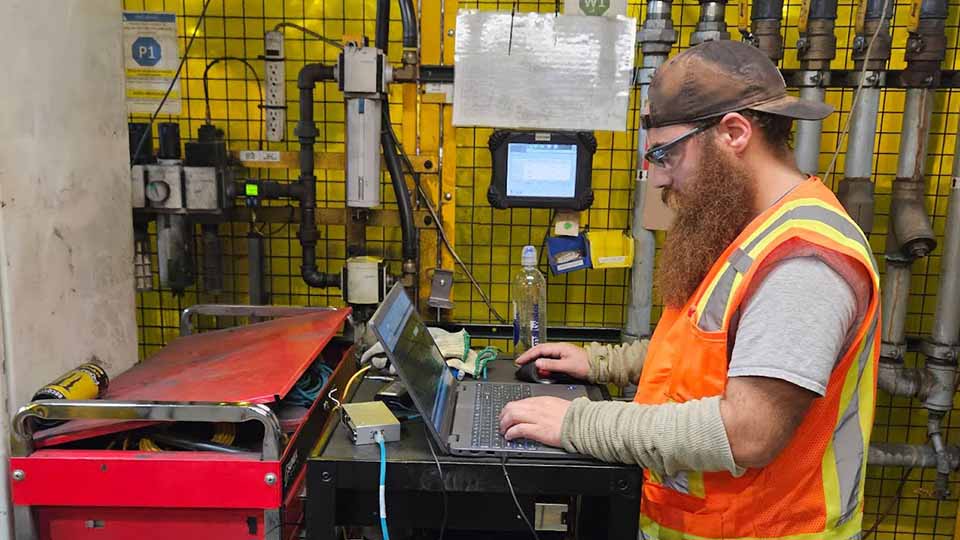
What is an independent contract engineer?
Recently, more contract engineers have become independent contract engineers or 1099 self-employed workers and not W2 employees. To become an independent contractor, the self employed individual creates a business entity and then does all of their own sales, marketing, accounting, and finances.
As an independent contractor, you are responsible for finding contract work. Often, finding clients is the most challenging part as an independent contractor. Many can now quickly obtain job opportunities with third-party engineering service companies like JOINER Services. These types of companies have contract engineering projects where independent engineers can easily search for open jobs posted on their websites and apply to fill open jobs posted by their clients.
Are you interested in independent contracting? Learn the top 4 reasons to become a self-employed engineering contractor.
What does an independent contract engineer do?
As a contract engineer, you will provide many types of support for your client, depending on the project’s current phase. Below, I list the five project phases a contract engineer could work on.
Project Phases:
- Concept or Design: The detailed project plan or scope will be defined. At this time, designs or layouts may also be created.
- Testing or Prototyping: This is when product development or testing occurs. This prototyping must test and meet the design specifications given by the client.
- Installation or Integration: The installation of machines, equipment, procedures, or processes. This could be for current production or brand-new assembly production lines.
- Qualification or Inspection: The engineer will review all testing methods, validate the systems, and test the equipment before or during production.
- Service or Support: The engineer will support the product, equipment, and processes by ensuring they are maintained to meet the quality standards to keep them from becoming inefficient production lines.
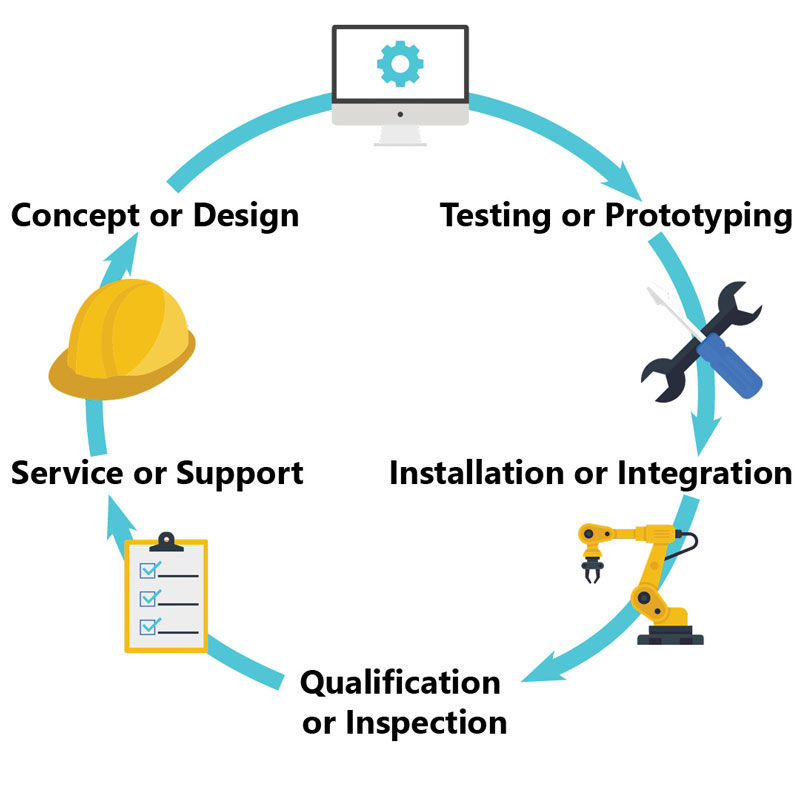
Independent Contract Engineer Career Path:
Many choose to become independent contract engineers because of the challenging and new engineering projects and the ability to work in different locations. As a contract engineer, you will constantly have your engineering skills tested while simultaneously developing and learning new technical skills that you can then offer future clients, building on your resume.
For our younger engineering students out of college who may be reading this, contracting is a great way to start your career because you can build a solid foundation of knowledge. You can do this by working in many different industries through contracting and learning what specific fields pique your interest that you may want to focus on later in your career.
For engineers who have been working at the same place for years, contracting is a great way to learn about new technologies and processes within an industry. It is also an excellent opportunity to build your resume. It can be a significant change of pace, especially if you feel you need to be more fulfilled or challenged at your current employer.
Some engineers also temporarily jump into contract engineering while they are in-between jobs. This is a great way to build experience, make a lot of money quickly, and see if you enjoy a new field other than your current career choice. Contracting allows you to temporarily work for a new company for weeks or even months and then determine if you enjoy that type of work. You can also quickly understand the type of workload in certain fields by doing contract engineering work for a business that is a new sector for you.
Main steps to becoming an independent contract engineer.
These are seven steps you should take on your path to becoming self-employed:
- Create A Business Portfolio: You will want to create a business portfolio that is a collection of your past projects, technical skills, and highlights your years of experience. A portfolio is more than a resume. This document can also be used to market yourself to new clients.
- Set Up Your Business: Many independent contractors choose to create a Limited Liability Company (LLC).
- First, you should search for a name that is clearly different from other LLCs that are registered in your state. If you live in Michigan, you can search LARA Corporations Online Filing System, Business Entity Search for your business name.
- Next, you will designate yourself as the “Registered Agent,” providing your personal address in the state where you are filing the LLC.
- Then you will file the articles of organization for an annual fee, usually with the Secretary of State.
- Once all of the above is completed, you will receive your Employer Identification Number or EIN. You will use this federal identification number for tax purposes every year with your accountant when you file your annual tax returns.
- Having an LLC also provides a barrier between personal and business finances to protect yourself against liability claims while working for your client. I highly recommend creating an LLC as a self-employed contractor for this reason alone.
- Open Business Bank Accounts: Separating your business and personal finances is vital for a small business owner. I always recommend that people have at least three business bank accounts.
- Bank Account 1: The first is a business checking account, where you can have your clients directly deposit money owed into that account. You will be able to quickly and easily withdraw money from this account, and most accounts do not require minimum balances.
- Bank Account 2: The second bank account I recommend getting is a savings account where you put 30% of your earnings away to pay off your taxes. Your taxes shouldn’t be this high because of the tax credits you should receive, but it is a great practice to set up this account and be ready come tax season.
- Bank Account 3: Lastly, I recommend getting a business credit card for day-to-day operational expenses, like fuel, food, or hotels. I have found that for most contractors, having at least a $5,000 credit limit should cover you for most travel and business expenses.
- Get Business Insurance: Most clients will require at least one million dollars of general liability insurance. I would recommend getting at least general liability insurance for your LLC while considering automobile liability coverage and workers compensation, especially if you are not on anyone else’s healthcare plan.
- Work With An Accountant: Finding a good certified public accountant (CPA) can turn your taxes into a tool to improve your financial future. They can help you get tax credits as a small business owner, teach you what is and is not deductible, and help reduce your owed amount. The last thing you want is someone from the Internal Revenue Service asking about expenses that could be considered “questionable.”
- Network: “Your network is your net worth.” [1] Nowhere is this more obvious than as an independent contract engineer. Your network is the first place to look when looking for clients. Generally, this comes from many years of experience building working relationships with those clients. Most independent contractors only have 3-5 clients, so building those lasting relationships is critical to getting paid.
- Build Your Brand: Branding is critical in today’s business realm, whether you have 1 or 100 employees. Market yourself on LinkedIn while posting and discussing (if allowed) projects you are working on. Comment and discuss topics related to your field with other industry-leading experts. Create a website to show clients you or your business and highlight your LinkedIn and website on your portfolio so they can research you and your company.
You do not necessarily need to complete all of the items above. Still, you can quickly bypass some of these by working with third-party engineering service companies like JOINER Services to build a solid reputation within the industry and gain new clients.
Watch this video to learn how to become a self-employed engineer!
Key benefits of being an independent contract engineer:
Below, I list four key benefits of being a self-employed contractor.
- Flexibility in choosing projects. If you want to take Memorial Day to Labor Day off and enjoy your summer, you can! If you want to make $100,000 and be done for the rest of the year, you can! When you work as a self-employed engineering contractor, you can work on the jobs you want, when you want, and have a much easier work-life balance compared to the 9 to 5 daily grind.
- Opportunities for diverse work experiences. Many people choose to become contract engineers because of the wide range of work experiences they can quickly acquire to enhance their professional careers from a technical and experience level. Contractors often work for multiple clients in a year, which can rapidly expand their overall knowledge base within their industry compared to a traditional employee who only works for one employer and sees the same processes and systems daily.
- Ability to travel. Often, as a contract engineer, the location of a project is not local to where you live. Companies will bring in experienced and qualified contractors who usually do not live near their facility. This means you can spend a couple of days to months working away from home for your client. This allows you to travel across America and possibly the world, exposing yourself to new cultures and local experiences.
- Be your own boss. You report to you. You make your hours. When you work as a self-employed engineering contractor, you can work on the job you want, when you want, and have a much easier work-life balance.
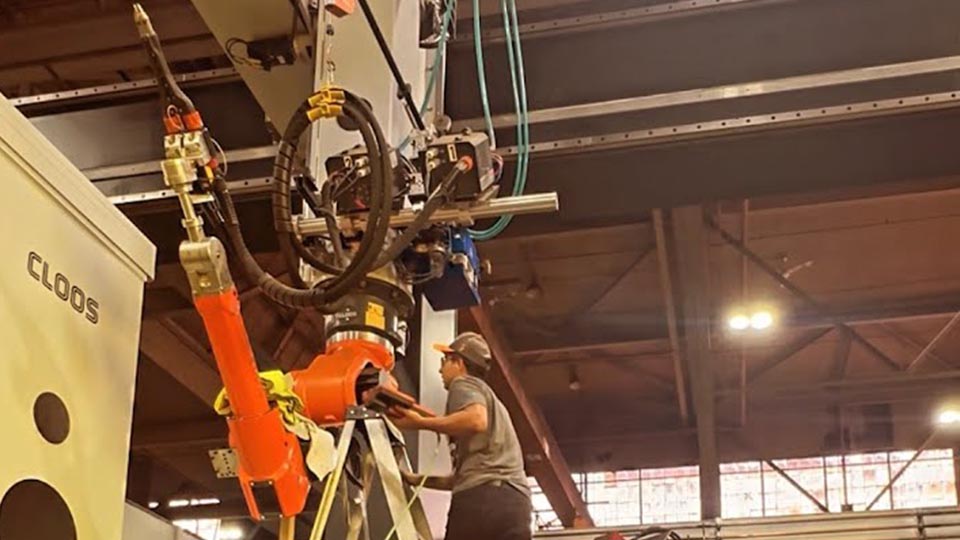
Independent Contract Engineer Advantages:
- Higher Pay: 1099 self-employed engineering contractors make much higher hourly rates than W2 contract engineers because companies are not committed to paying employee benefits or taxes for the worker. Self-employed 1099 workers understand rates fluctuate between projects and know they can quickly accumulate wealth in a short amount of time.
- Tax Credits: Self-employed contractors also receive much larger tax breaks than a W2 full time employee. Many things can be considered as tax write-offs for your self-employed business, such as travel, hotel, food, professional services, rental car, office supplies, marketing materials, flights, insurance premiums, and much more! Talk with your accountant to learn how to take advantage of these credits.
- Retirement Savings: As a contract engineer, retirement planning can be much easier with the different retirement savings options. For example, the Simplified Employee Pension Plan (SEP) IRA is ideal for a self-employed individual to save for retirement. The maximum allowed to contribute to a SEP IRA in 2023 is $66,000 compared to a traditional 401K retirement account, which is only $22,500. With the higher allowable contributions, a 1099 employee can save much more using a SEP IRA to prepare for retirement.
Independent Contract Engineer Disadvantages:
- Demanding Clients: Clients may require you to work more than 8 hours a day, and engineering contractors can easily work up to 12 hours a day. This can take place for several weeks before you get a day off or a rotation back home. Clients may also ask the contractor to support line production throughout the week and, on the weekends, work on updates or systems upgrades. Often, a contract engineer will work more than five days a week and can easily work seven days a week to meet the project timeline. Just expect to work the hours the client requests, such as the night or off shifts, to get the job done.
- Finding Work: Finding consistent work or new clients can be the most challenging when starting as an independent contractor. This means your income can be irregular. Expect to work on projects for weeks or months, but sometimes work may be slow, and you could be looking for a job for several weeks. This is why third-party engineering service companies like JOINER Services can help contractors find more consistent work, especially when your own list of clients does not need support services.
- Tax Cycle: Since you will be paid by your clients without them taking away your social security, federal, state, or self employment tax, you will work with your accountant to pay on a quarterly, semi-annually, or annual basis to pay off your required taxes on your earnings.
Types of independent contract engineers:
Below, I wanted to list the types of contract engineers by JOINER Services.
- Controls Engineers: These engineers use programmable logic controllers (PLC) and Human Machine Interface (HMI) software to automate processes.
- Design Engineers: These engineers use computer aided design (CAD) modeling software to create products or systems.
- Electrical Engineers: These engineers work with electrical components, parts, and products within a system.
- Program Managers: These professionals help organize the project to keep the deadlines and target goals on track.
- Robot Programmers: A robot technician will execute automated tasks using an industrial robot.
- Weld Engineers: These engineers are focused on the process of joining materials.
If you are one of the above types of engineers or technicians looking to start your self-employment journey or expand your client base, join the JOINER Services platform to find more work.
Learn more about becoming an independent contract engineer:
If you are still considering becoming an independent contract engineer, hopefully, this article has given you a detailed breakdown of the job description, in which you can make an informed decision about potentially “going out alone.” I recommend you create a well-organized resume and business portfolio highlighting your technical engineering skills and competencies that make you the most likely candidate for any potential job. If you struggle to find consistent work or need help reaching new clients, JOINER Services would love to help you build your career as an independent contract engineer. Take the time to join our engineering service platform by creating an account with us so that you can find more engineering projects.

